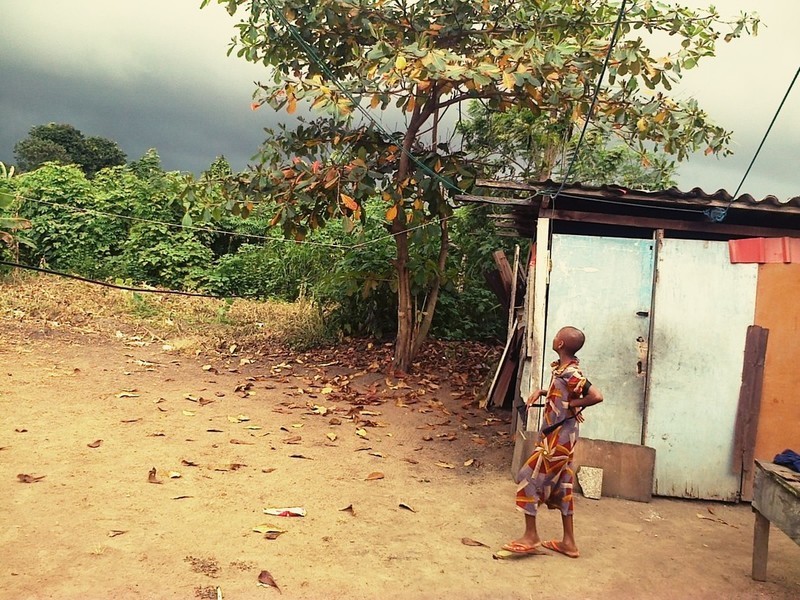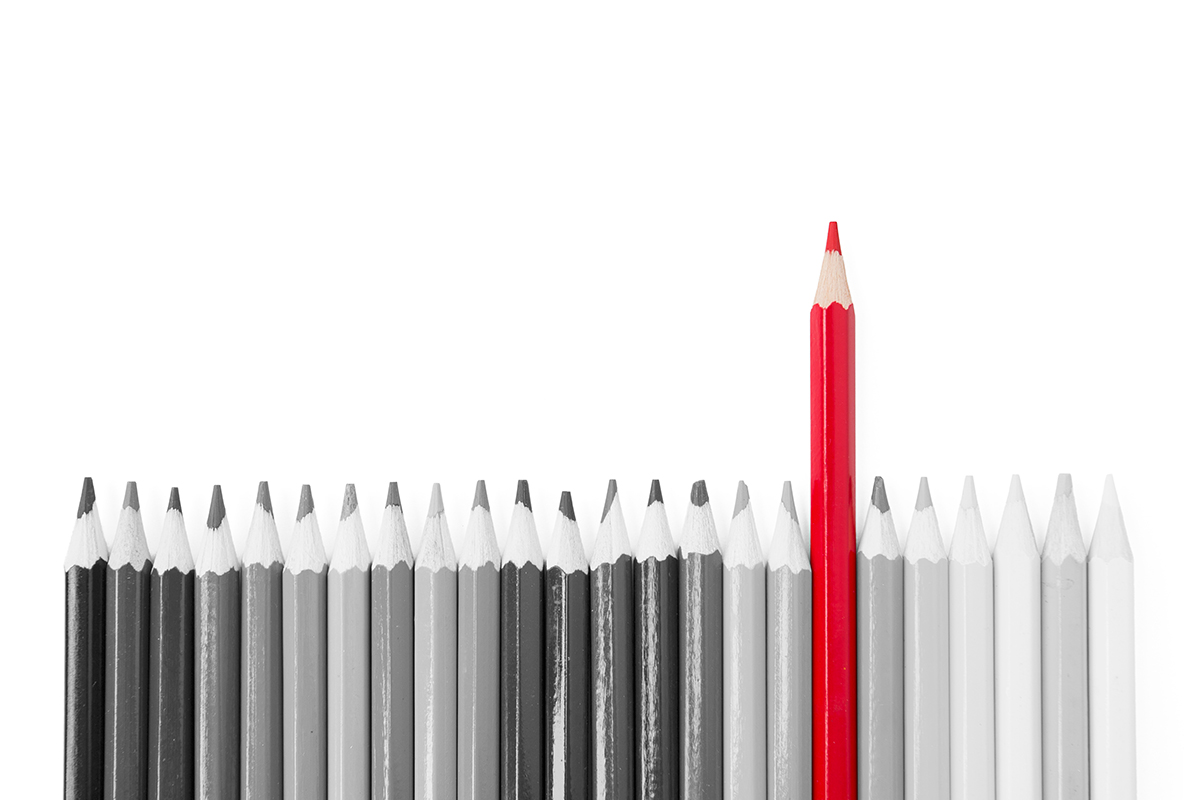“One sickness away from poverty”
September 11 Nigeria now has the highest number of people living in extreme poverty, according to a new report from the Poverty Clock. Laila Johnson-Salami, 21, a Correspondent from Ibadan in Nigeria, argues that a lack of funding for social welfare and education has contributed to the situation.
Nigeria now has the highest number of people living in extreme poverty, according to a new report from the Poverty Clock. Laila Johnson-Salami, 21, a Correspondent from Ibadan in Nigeria, argues that a lack of funding for social welfare and education has contributed to the situation.
When Dr. Muyiwa Gbadegesin came on my show and said, “The average Nigerian is one sickness away from poverty”, I got goosebumps.
It’s not that I was surprised, but I was reminded of the sad reality that he spoke of and of my own vulnerability. I asked myself, “Laila, if you broke a leg today, how would you pay your hospital bills by yourself?” – I responded with a laugh at the impossibility of handling those bills alone. Without help, I would certainly find myself slipping into poverty, as would millions of Nigerian citizens in a similar situation. In fact, since the elite accounts for just one percent of the society, nearly the entire population could easily be one illness away from poverty.
It’s easy to be overtaken by poverty because we live in a nation that provides no welfare system for healthcare, so we pay out-of-pocket for our survival. It’s not that as a nation, we have no choice, but rather than allocating funds to the creation of welfare systems to cater for our health, education, and security, a few greedy individuals who unfortunately have risen to power are leveraging corruption and poor voter education to advance themselves.
It is extremely unfortunate that a country so rich in natural resources and so blessed with extraordinary talent, has the highest number of citizens living in extreme poverty in the world today. According to a recent report from The World Poverty Clock, over 87 million Nigerian citizens are living below the poverty line. We have overtaken India as the country with the highest rate of extreme poverty in the world. India ’s poverty statistics now stand at just over 66 million.
In my view, our poor poverty statistics are the result of a multifaceted problem with the nature of Nigeria’s politics. Our politics is party political, our politics can be focused on economics, but our politics is rarely ever social. This isn’t because our leaders don’t consider societal interests, but because politics is essentially about advancing someone’s interest or that of a group, and I believe we have selfish leaders managing our nation, who have pushed aside the interests of the masses and placed the interests of Nigeria’s elite at the forefront.
Poor human development is another reason so many of our people have been pushed into extreme poverty. The evidence of our lack of interest and investment in the human development of Nigerians can be seen in the 2018 budget allocation of a mere 7% to the education sector and a meagre 4% to the health sector. Let us not forget that this is despite the recommendation from The United Nation’s Educational, Scientific and Cultural Organization, UNESCO that countries allocate at least 26% of their budget to education in order to meet the increasing demands of the sector. Additionally, a comparative study of the 2018 budgets of Nigeria and Ghana, show that Ghana allocated about 8 times more for the education of each citizen than Nigeria.
Can we rise out of poverty when we either consciously or subconsciously support cultures and traditions that have negative implications for sustainable development? For example, many citizens have imbibed a culture that oppresses women in our society. Gender inequality in Nigeria has deprived women not just of educational opportunities but also of access to healthcare, financial services, and labour-force participation.
Addressing the imbalance in education alone would have a positive effect on the number of Nigerians living in extreme poverty. In 2014, USAID advised that if India enrolled just one percent more girls into education, its GDP would rise by 5.5 billion dollars.
Education is the bedrock of any society and unfortunately, Nigeria has continuously overlooked the importance of ensuring the education of its citizens -especially our girls.
Our new poverty statistics are an accurate reflection of the current state of Nigeria and Nigeria’s youths have the power to deconstruct and rebuild the nation, which is why it is crucial to vote in the 2019 Elections. Your vote counts, your voice matters, your influence can be extremely powerful, what choice are you making today? As TY Bello said in her latest single, ‘Cold’: “We are cold, we’ve turned away from the crying, we’ve turned away from the dying” – Every one of us is an instrument for change, do not let that waste away.
Reach me on Twitter:@ljsonline
Photo credit: The Commonwealth’s Assetbank
………………………………………………………………………………………………………………………………………………………………………
About me: I am a journalist, reporting on TV and radio as an anchor for Wazobia Max and Nigeria Info FM. I am also the founder of the We Rise Initiative, a non-governmental organisation empowering woman and girls to rise above 21st century oppression, and a member of the 67 Million Initiative – Nigeria’s most active youth organisation.
………………………………………………………………………………………………………………………………………………………………
Opinions expressed in this article are those of the author and do not necessarily represent the views of the Commonwealth Youth Programme. Articles are published in a spirit of dialogue, respect and understanding. If you disagree, why not submit a response?
To learn more about becoming a Commonwealth Correspondent please visit: http://www.yourcommonwealth.org/submit-articles/commonwealthcorrespondents/
…………………………………………………………………………………………………………………………………………………






